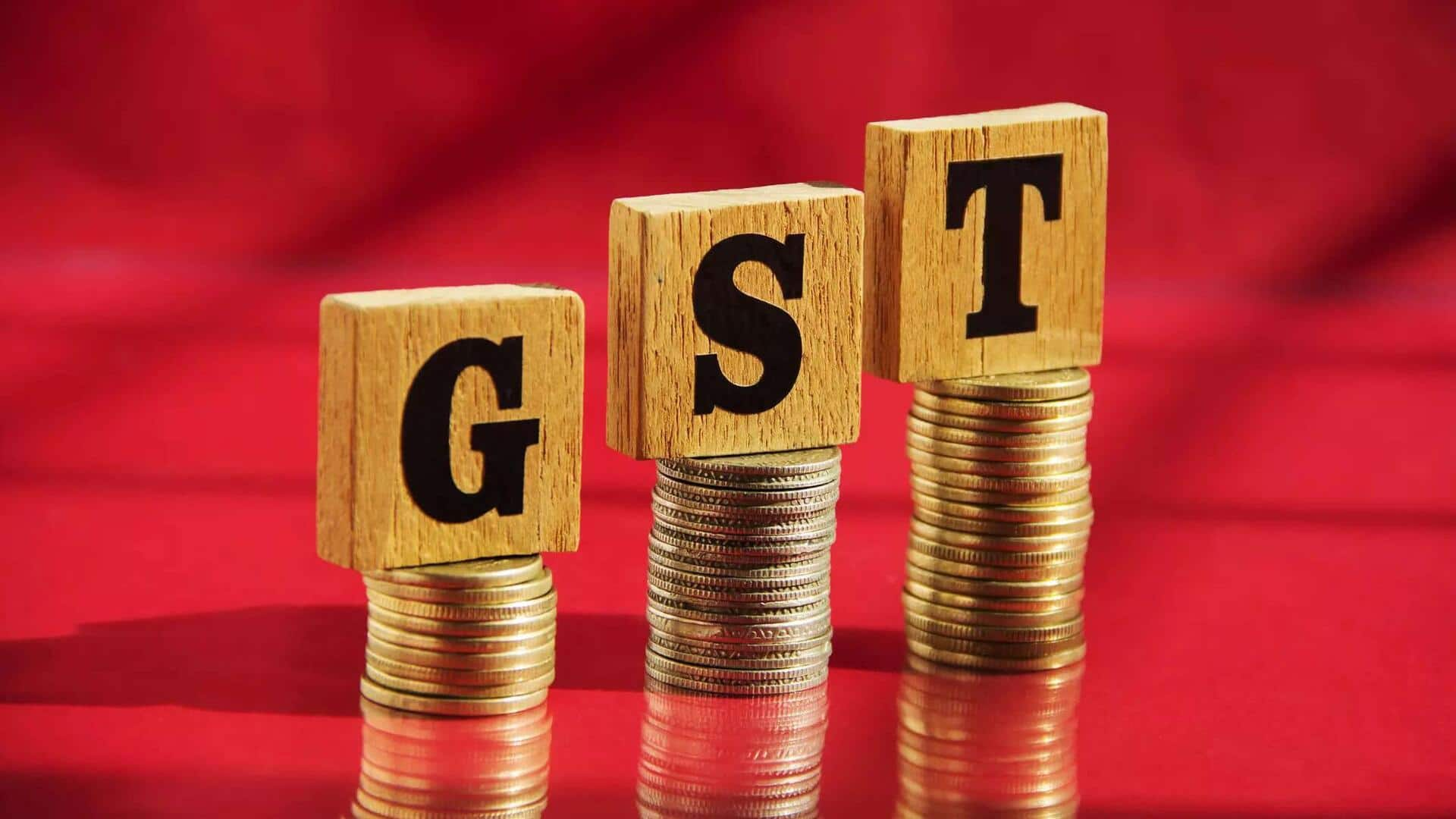
Did Indians actually benefit from the recent GST cuts?
What's the story
A survey by LocalCircles has found that most Indian consumers have not yet benefited from the revised Goods and Services Tax (GST) rates on essential goods. The study shows a disconnect between the government's policy-level rate cuts and their actual impact on retail prices. The GST Council had slashed tax rates on around 80 goods and services from September 22, as part of the GST 2.0 initiative to boost consumption and ease the household expenses ahead of the festive season.
Consumer response
Medicines fared even worse
The survey, which received over 53,000 responses from 342 districts, found that only 13% of respondents said they got the full benefit of lower taxes on packaged food products. A further 33% said some reduction was seen but a large chunk (42%) claimed no benefit. Medicines fared even worse with nearly half (49%) saying there was no price reduction post-September 22, despite clear directions for manufacturers and distributors to revise MRPs or issue supplementary price lists reflecting reduced GST.
Retail challenges
Retailers accused of charging pre-GST-2.0 MRPs
Retailers have been accused of charging the pre-GST-2.0 MRPs despite the revised tax structure, citing old inventory purchased at higher tax rates. They fear losses if they cut the prices without manufacturer compensation or input tax credit (ITC) support. Smaller chemists under the composition scheme or unregistered in GST cannot claim ITC, and are seeking a three-month grace period to clear old stock without penalties.
Market response
Price transmission more visible in consumer electronics, appliances
In higher-value categories like appliances and consumer electronics, price transmission is more visible but still imperfect. The survey saw that 33% of consumers saw full benefits of the reduction from 28% to 18%, while another 33% saw partial relief. However, a significant portion (28%) reported no change in prices. Retailers argue that pricing cycles for big-ticket products take time to adjust due to stock procurement weeks in advance.
Sector performance
Automotive industry has fared better
The automotive industry has fared better in implementing downward price adjustments under GST 2.0. The survey found that nearly half (47%) of vehicle buyers got the full GST benefit, while 34% got it partially. Only a small fraction (14%) said they didn't get any reduction at all. This is reflected in the strong market response with passenger vehicle sales crossing 4.7 lakh units in October, a festive record, and electric vehicle sales picking up sharply after two months of slowdown.
Expert insights
Experts attribute the delays to commercial friction
Experts attribute the delays to friction between retailers and manufacturers over who bears the short-term revenue impact. FMCG distributors are said to have slowed down purchases in July-September, waiting for the new price lists while retailers waited for brands to revise MRPs before adjusting margins. LocalCircles's analysis shows that despite a clear consumer benefit intent at the central policy level, enforcement gaps across pricing compliance, stock audit cycles, and the supply chain alignment have caused an uneven impact.